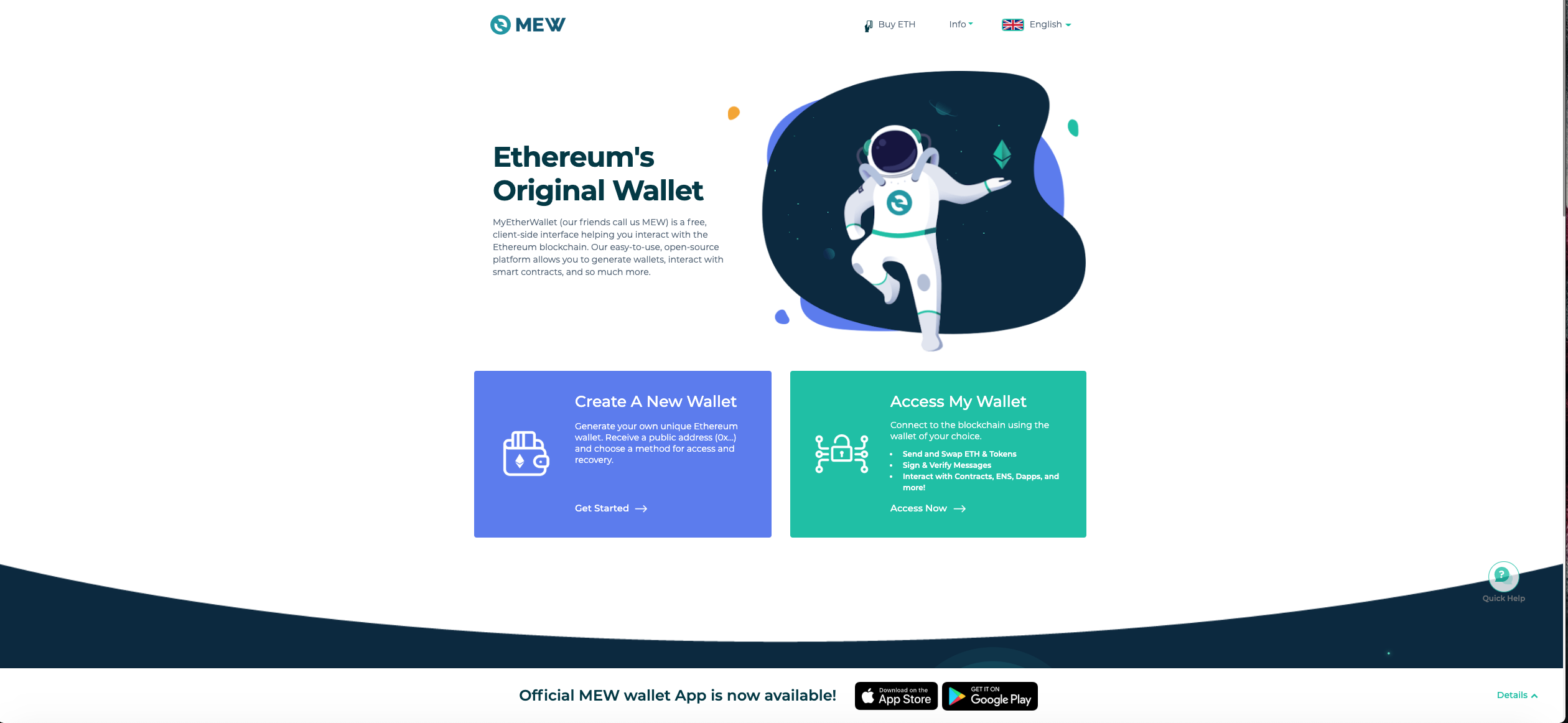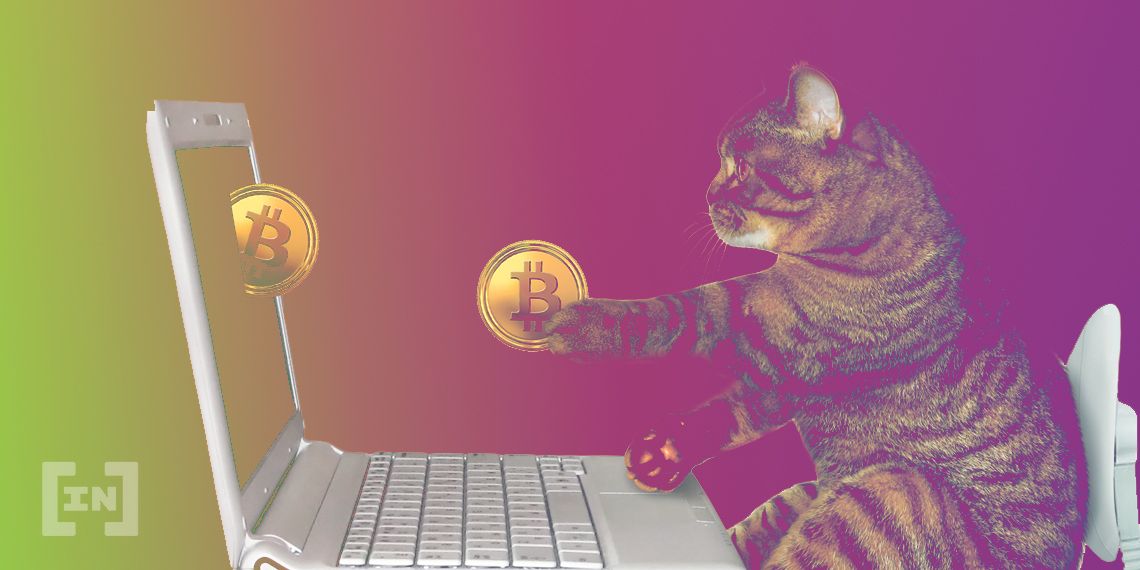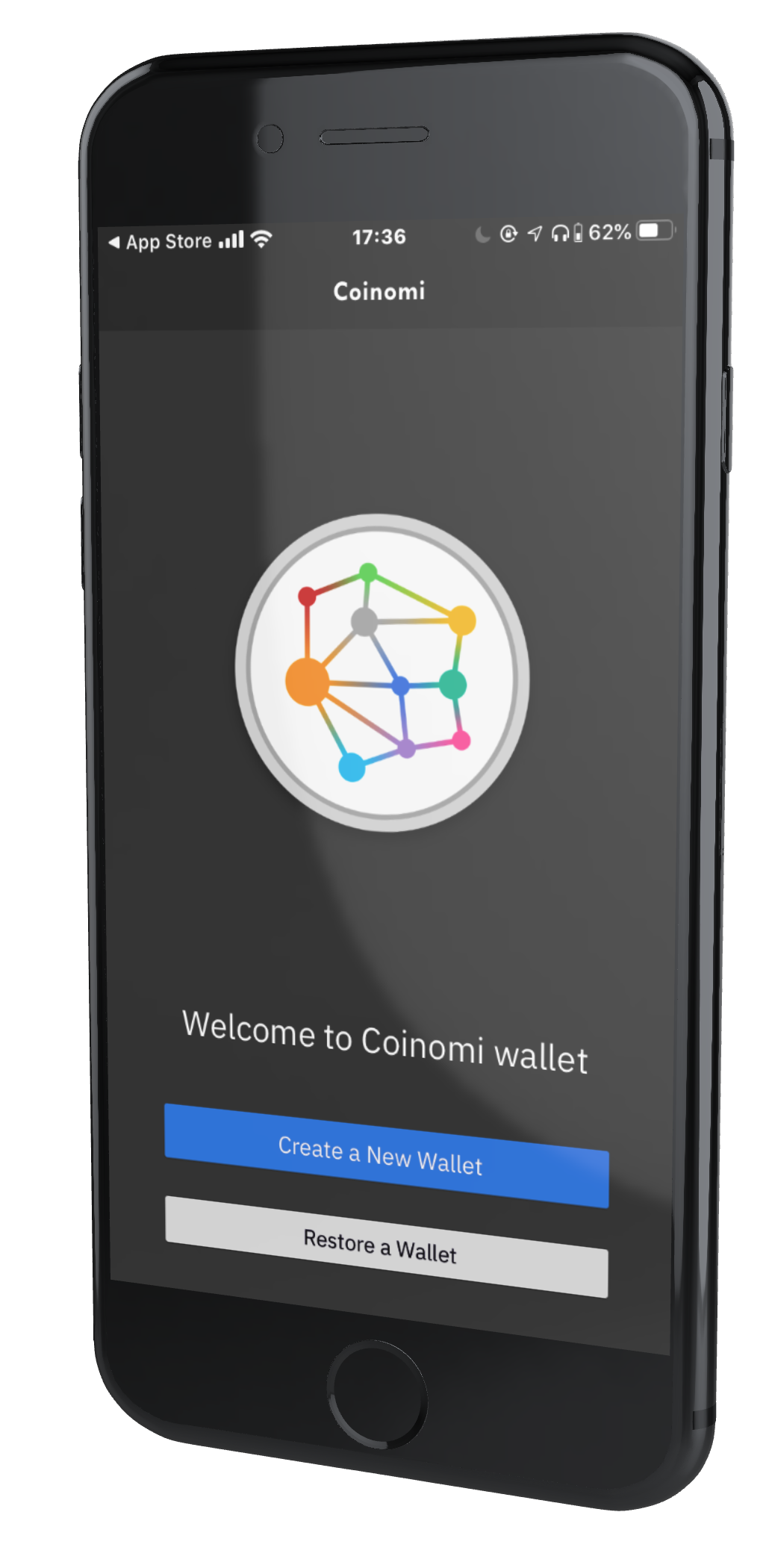An Ethereum Wallet is a piece of software for storing, checking balances, and conducting Ether transactions. To be qualified as an Ethereum wallet, there should be public and a private key.
Every wallet has a public address, which is a string of randomly generated letters and numbers. This address is used to receive Ether. To unlock the funds sent or to transfer them out from your Ethereum wallet, you’ll need a “private key,” a password of sorts used to confirm ownership and sign off transactions.
But, Ethereum wallets are more than just a client for sending and receiving Ether. They are also used for writing, maintaining, and deploying smart contracts.
This guide would take a look at the factors to consider in choosing an Ethereum wallet, the types of wallets, and where each one is applicable and many more.

In This Article:
- Choosing an Ethereum Wallet
- How to create your Ethereum Wallet
- Types of Ethereum Wallet
- Ethereum Software Wallets
- Ethereum Hardware Wallets
- Ethereum Paper Wallets
- Ethereum Desktop Wallets
- Ethereum Mobile Wallets
- Conclusions

Factors To Consider When Choosing An Ethereum Wallet?
1. The Wallet’s Security
This could very well be the most significant factor to be considered. Your cryptocurrency wallet will hold access to your funds. You don’t want any unauthorized access, so your wallet’s security has to be of paramount importance.
Typically, a crypto wallet should contain one or all of the following security measures:
- PIN code security lock
- A seed phrase
- Two-factor authentication

2. Recovery and Backup Features
It’s possible for you to lose access to your Ethereum wallet. However, a proper backup option should be in place to help you recover your funds. Most of the popular options provide backup features like a key phrase and email recovering for restoring your funds.
3. Ease of Use
Your wallet should have a user-friendly interface for optimal ease of use. Functions like sending and receiving Ether shouldn’t take complex processes.
4. The Wallet’s Price
There are several wallet options out there. Some are free, while others come with a fee. Hardware wallets are especially not free, and you’ll find that most of the options that do have a price generally come with additional security and usage features.

How to Create Your Ethereum Wallet
It’s also possible for you to create your own Ethereum wallet. The Ethereum platform provides its official wallet service – known as MyEtherWallet, and you can set it up in a few steps:
a. Log on to MyEtherWallet

Log on to https://www.myetherwallet.com. You will see several safety reminders, and you should go through them, as they’ll be beneficial in building your understanding of how the platform works and the ways you can protect your funds.
b. Click on “Set up a new wallet”
You’ll find this button on the website. There are three ways of creating a new Ethereum wallet on the platform. They have the MEW wallet (works through the mobile app), Keystore file (which is a file that holds the encrypted version of your private keys), and using mnemonic phrases (a list of 12 to 24 words generated at wallet creation).
c. Download the MEW Wallet Mobile App on your Smartphone
The MEW Wallet is available on both iOS and Android operating systems. You can search for it on the App Store, or follow the link on MyEtherWallet’s website to be sure. Considering that there are many counterfeits, the second option is recommended.
d. Select “Create a free wallet”

The MEW Wallet app also comes with several tutorials.
Optional: Crypto Safety 101
You’ll find a crypto safety guide. It explains some of the tips you can follow to ensure the safety of your private keys, and by extension, your funds. You’ll be entrusting your funds with this wallet; it’s best you take your time to read this.
e. Create a PIN
Your PIN is a six-digit code that protects access to your wallet.
f. Two-factor authentication
Two-factor authentication is an additional layer of protection that you should consider. Of course, you can skip it. But, we recommend you don’t. Once that step is complete, your wallet should be ready. Click on “Finish”.
g. Back Your Wallet Up
A wallet backup is important, as it will help ensure that you can get your funds back if you lose your device or delete the app. Back the app up and ensure that it’s protected.
Types of Ethereum Wallets
Ethereum wallets come in different types, based primarily on their setup and how they function. There are generally hardware and software wallets, but there are also quite a lot of sub-categories. We’ll be looking into them in this section.
1. Ethereum Software Wallets
A software wallet is a program that stores private keys in data files that are easily retrievable by users. When you set your software wallet up, you can access the keys with a password and a user ID or with an encrypted file that was provided to you when you signed up for the service. These types of wallets provide a balance between ease of use and security. Software wallets are susceptible to hacks, but they are still more secure than online wallets, as you get to keep your private keys.

Here’s how most software wallets work:
- Select a specific wallet and download it to your device
- Set up your secret Pin and recovery phrase. Both are important, and you will need to keep them carefully
- Once that is done, your wallet is ready. You can send and receive Ether from then on.
Pros of Ethereum Software Wallets
- Software wallets are usually free to use
- They’re convenient to use
- Setup and backup are straightforward
Cons of Ethereum Software Wallets
- Storage is online, so there’s the possibility of a hack
- Some prominent software wallets for storing Ether include Coinomi, Jaxx, and Etherwall
Ethereum software wallets can also be divided into hot and cold wallets. With hot wallets, your private keys are stored online, making your funds easy to access for transactions. But, this added convenience comes at a steep cost.
Since your keys are online; your funds are just one security breach away from vanishing into thin air. Cold wallets, on the other hand, stores your Ether offline. The only time you provide your keys is when you want to access your funds or interact with smart contracts. This method also puts the security of your funds in your hands. Cold storage is notoriously secure, but it’s not as convenient as a hot wallet.
2. Ethereum Hardware Wallets
Hardware wallets combine the usability of a software wallet with the security of a paper wallet. Hardware wallets are popularly known as one of the best Ethereum wallets out there. They include popular names like Trezor, KeepKey, Ledger, Ledger Nano and a host of others. They store your private keys in a USB pen drive-like device, which is only totally offline.
Hardware wallets can be plugged into computers to complete transactions and generate keys. They’re not connected to the Internet, so they’re immune to any form of hacking. You can read more about Hardware Wallets here.
Hardware wallets are the most expensive of the bunch, but if you’ve got a large amount of Ether and you’re looking for a great way to store your assets and still have them available to you on the go, these wallets are definitely worth the price. But, as advantageous as hardware wallets are, they are not without flaws.
It works with a seed phrase and a pin, two of the most important pieces guarding your funds. If one of them is compromised, your Ether could be whisked away. Also, they work with a firmware that often needs installing and updating. This opens up the wallet to several possibilities from an attack standpoint. Every storage solution has its advantages and drawbacks.
Pros of Ethereum Hardware Wallets
- Hardware wallets are easy to use
- They’re so far the safest form of storage since they store Ether offline
Cons of Ethereum Hardware Wallets
- They’re expensive
- If you lose the seed phrase, you could lose your funds

3. Ethereum Paper Wallets
If you’re looking for safety in storing your token, then the Ethereum paper wallet might just be the best choice for you. It’s an online program that generates a set of public and private keys. Once created, they are then printed along with a QR code and stored in a physical form.
The paper wallet for Ethereum isn’t connected to the Internet in any way. Your keys are not stored on your computer like a desktop wallet. Even if a hacker hits your computer with a ransomware attack, your funds remain secure.
Generally, paper wallets are known to be the safest methods for long-term storage of Ether.
There are several platforms where you can create a paper wallet like MyEtherWallet. But, once you’re done creating the paper wallet, you now have to worry about storage to protect the paper from fire, water, and sometimes, yourself.
One smart way to keep your paper wallet hidden from others is to keep it in a safety deposit box at a bank or in your home, where you know it’s safe. You can also prevent your private keys from fire by engraving the characters on a piece of metal and keeping them in a safe. That way, in the case of fire or flood, you can prevent it from being damaged.
Here’s how to set up a paper wallet on MyEtherWallet:
- Go to MyEtherWallet.com
- Enter a strong password on your wallet app, and ensure that you keep it on a piece of paper and guard it well
- Then, create your “Keystore/UTC” file. The QR code and keys that you get should be written down too
- Ensure that your printout contains your wallet address and private key
- Your wallet is ready to send and receive Ether
Pros of Ethereum Paper Wallets
- Paper wallets are free
- Backup is easy
- Since storage is offline, the only threat is your losing the piece of paper
Cons of Ethereum Paper Wallets
- Lose your private keys, lose your funds
- The process of sending money is also more complex

4. Ethereum Desktop Wallets
A desktop Ether wallet or web wallet runs on your laptop or personal computer. You can choose to download a full client with the Ethereum blockchain on it, or you could use a light Ethereum client instead.
While light Ethereum clients are easier to use, they are not as secure as a full client because they often need additional nodes to send information. Instead, it can get all the information it needs straight from the blockchain and even validate transactions by itself.
They are safer than online wallets. With desktop wallets, your private keys are not stored on a third-party server. They are stored on your computer. It’s a convenient way to store and send Ether from the comfort of your computer. With desktop wallets, your funds are only as safe as the computer you install it on.
Pros of Ethereum Desktop Wallets
- Desktop wallets are open-source
- You can control your private keys
- it’s easy to buy Ether from a desktop wallet
Cons of Ethereum Desktop Wallets
- Full-node wallets will need you to download the entire Ethereum blockchain
- The login process is usually longer, since the wallet will need to sync with the blockchain first
Besides, you could lose your Ether if the computer itself gets stolen. It won’t be the first time such an event is happening, of course, so while desktop wallets are fine, you will need to see the physical and digital protection of your computer to protect the wallet.
5. Ethereum Mobile Wallets
Also known as light clients, mobile wallets don’t require you to download the Ethereum wallet before they work. Instead, they rely on nodes to send them real-time information about the network’s current state.
Mobile wallets are great for Ethereum users who are regularly on the go since they can access their assets at any point. But, they have the same risk as a software wallet and are only as secure as the mobile phones where they’re installed. Some prominent examples of mobile wallets include Edge, Exodus, and Guarda.
Pros of Ethereum Mobile Wallets
- They’re easy to use
- Security is also considerable
- Some of them come with built-in exchanges
Cons of Ethereum Mobile Wallets
- They don’t have web interfaces

Conclusion
Choosing the most appropriate wallet to store your Ether could be daunting. For some, paper wallets might work best. If you decide to go with a paper wallet, ensure you follow the instructions carefully. Paper wallets are almost as secure as a hardware wallet.
The best part is that they are free to create, but you have to be careful with how you store them. Remember, they are a piece of paper, which makes them susceptible to fire, water, or spills.
For those who trade or are constantly transacting, might find peace and effectiveness with online wallets. They are more convenient to use, but you’re entrusting the security of your Ether to a third party, which is a risky adventure.
The dilemma in picking the right Ethereum wallet is often balancing ease of use with security. Hardware wallets are notable for their ability to store and keep cryptocurrencies safe from malicious actors online. This is why Ethereum wallets like Ledger and Trezor have become so popular. With the incessant spades of exchange hacks, it’s more crucial than ever to have an Ethereum wallet that’s simple to use laced with layers of protection for the investors.






